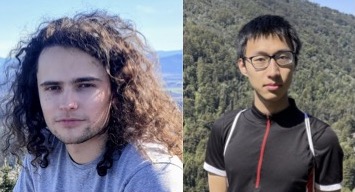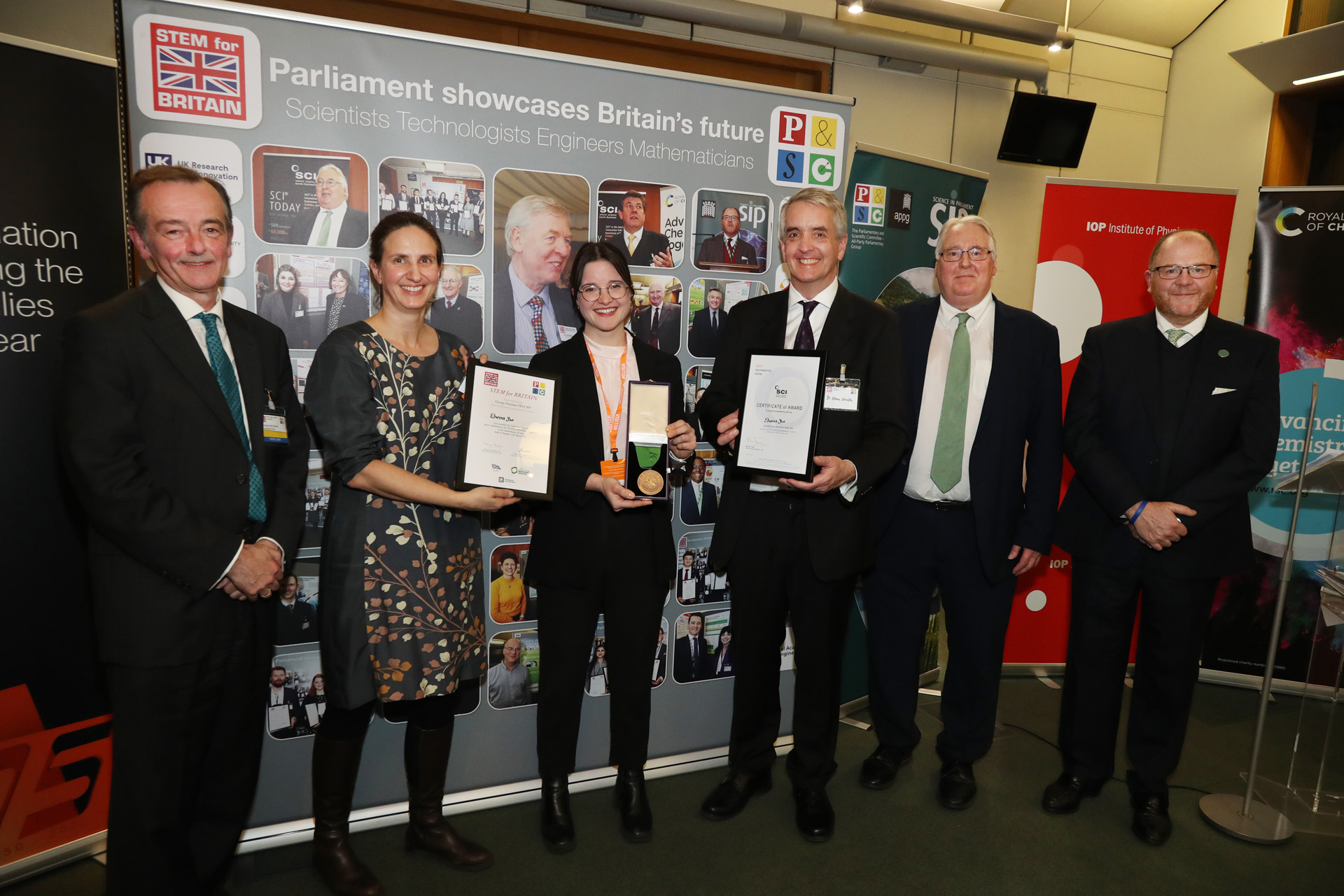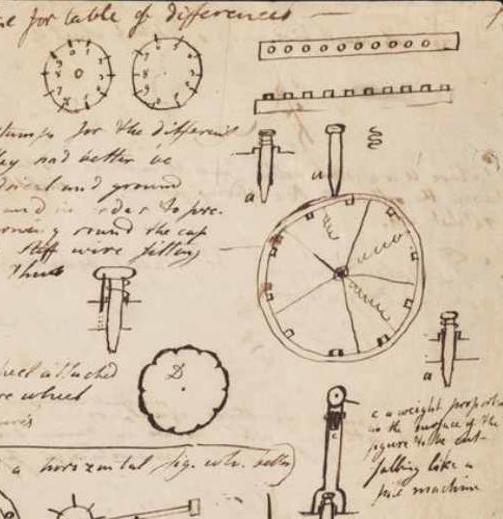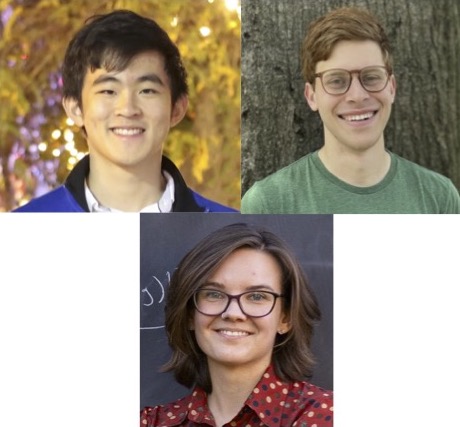2022 Clay Research Award
Date: 26 October 2022
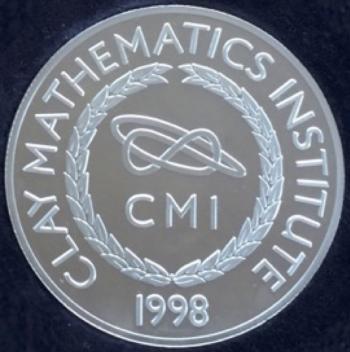

Søren Galatius and Oscar Randal-Williams
A Clay Research Award is made to Søren Galatius (University of Copenhagen) and Oscar Randal-Williams (University of Cambridge) for their profound contributions to the understanding of high dimensional manifolds and their diffeomorphism groups; they have transformed and reinvigorated the subject.
In a celebrated trilogy of papers on moduli spaces of high-dimensional manifolds, they established homology stability for diffeomorphism groups of manifolds in even dimensions 2n>4, where the stabilization is performed by taking connected sums with an increasing number of copies of the product of two n-dimensional spheres. They explained how to compute the limiting homology in terms of a specific spectrum, and beyond their explicit results they developed an array of ideas that have stimulated waves of subsequent advances in the field.
In a later series of papers with Alexander Kupers, Galatius and Randal-Williams pioneered an entirely new approach to homological stability results, developing the sophisticated and powerful theory of cellular Ek algebras. They proved the worth of their theory by settling longstanding conjectures in K-theory, by improving Quillen’s stability results for the homology of general linear groups over finite fields, and by establishing the first general results for the homology of mapping class groups of surfaces outside the stable range.
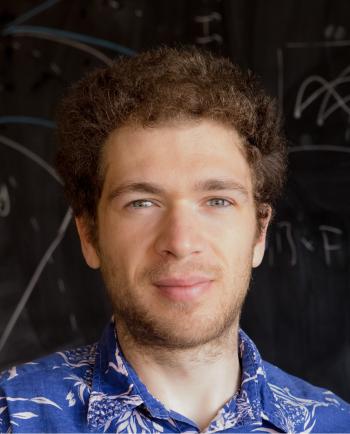
John Pardon
A Clay Research Award is made to John Pardon of Princeton University in recognition of his wide-ranging and transformative work in geometry and topology, particularly his ground-breaking achievements in symplectic topology.
Pardon’s work displays a remarkable clarity of vision, sustained through extensive projects in which he develops conceptually sophisticated theories that cast long-standing problems into settings where they become tractable. His novel treatment of the theory of moduli spaces of pseudo-holomorphic curves, leading to an elegant construction of virtual fundamental cycles and chains, provides a compelling example.
In a series of papers, Ganatra, Pardon and Shende developed a powerful and subtle descent theory for Fukaya categories, crafted to facilitate diverse applications. This theory has already led to significant advances in representation theory and mirror symmetry, as well as symplectic topology.
Photo by Denise Applewhite
